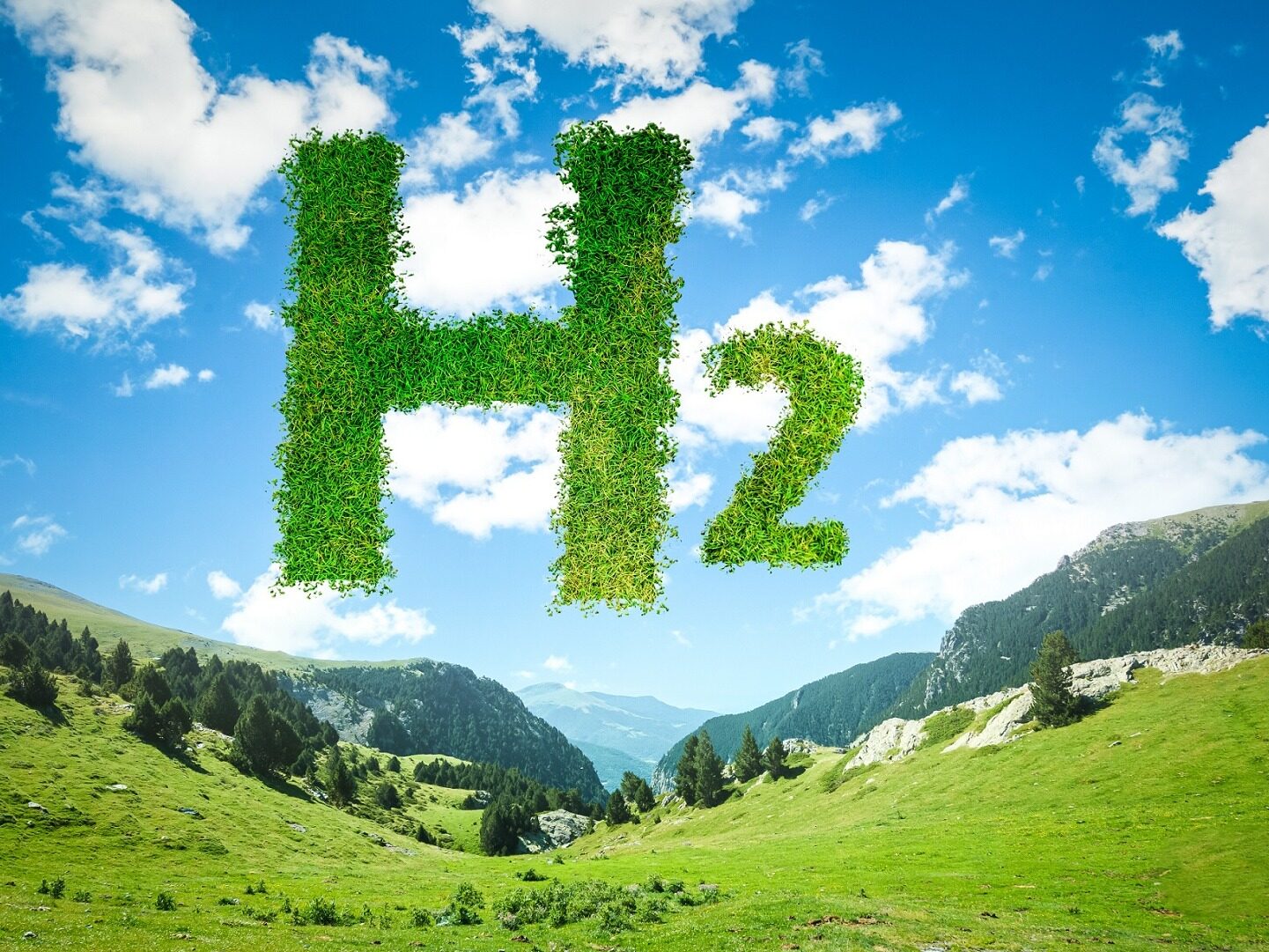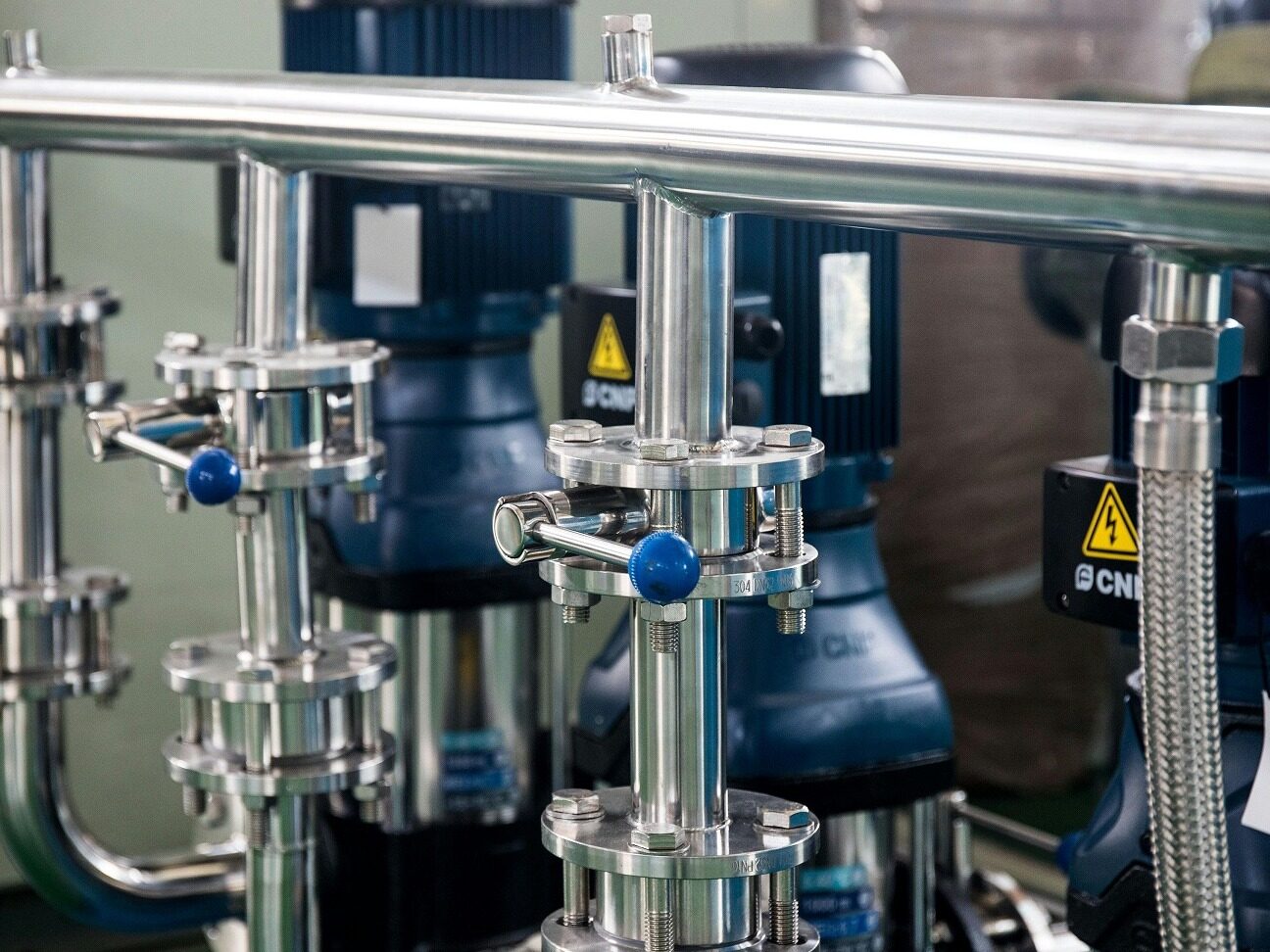- This project is a highly promising innovative project, but it requires overcoming some challenges and uncertainties to achieve success
- This project can reduce reliance on traditional fossil fuels and also reduce carbon emissions

Adani Total Natural Gas Co., Ltd. plans to introduce green hydrogen in Ahmedabad, the largest city in Gujarat, and ultimately achieve a hydrogen content of 8%. However, the speed of achieving this hydrogen blending ratio will depend on whether the company can quickly obtain regulatory approval.

ATGL plans to conduct its first green hydrogen injection in the first quarter of the 2024-2025 fiscal year, which means it will take place between April and June of that fiscal year.
According to ATGL's statement, an 8% aeration ratio will result in over 4% emission reduction, which is much higher than the estimate of the International Renewable Energy Agency (IRENA). IRENA's research found that a 20% hydrogen blending ratio can only reduce emissions by up to 7%, so a 10% hydrogen blending ratio will result in a 3.5% reduction in carbon emissions.
Once the experiment is completed, ATGL plans to expand the hybrid program to other areas of the city. However, the company did not disclose how it will obtain green hydrogen. Adani and Total have previously reached an agreement to build an electrolytic cell factory in Gujarat. Adani currently owns and operates a solar module manufacturing factory, with plans to adjust production processes to produce electrolytic cell equipment.
Approximately 75% of ATGL's shares are owned by Total and the wealthiest family in India, Adani. Adani Group is involved in a wide range of fields such as energy, agriculture, and manufacturing. The remaining shares of ATGL are held by smaller institutional investors and funds.
ATGL CEO Suresh P Manglani stated that he is fully committed to creating an environmentally sustainable model. This project represents India's unremitting efforts to achieve energy independence by 2047. This project will reduce carbon footprint. By investing in such innovative projects, ATGL will actively promote industry development and advance renewable energy solutions.
The United States, the Netherlands, and Germany have conducted hydrogen blending experiments, and Australia and South Korea also plan to carry out similar pilot projects. Meanwhile, Portugal has enacted legislation requiring natural gas suppliers to mix at least 1% of renewable hydrogen or biomethane into the natural gas pipeline network. Keywords: overseas engineering, international engineering construction, foreign engineering construction news.
The idea of mixing hydrogen into natural gas pipelines has been harshly criticized by many non natural gas industry organizations. According to the Fraunhofer Institute in Germany, this approach is both expensive and resource wasteful, potentially leading to a 43% increase in consumer bills. This is higher than the 33% predicted by German think tank Agora Energiewende and the 20% predicted by British think tank E3G. E3G refers to natural gas blending as "green whitening technique" and believes that this method has limited emission reduction capabilities. E3G further stated that natural gas blending will not strategically stimulate the demand for hydrogen. Instead, it may lock unquestionable customers in polluting fossil fuel boilers, endangering the entire decarbonization target of the UK. (This article is from the official website of Jiandao: www.seetao. com. Reproduction without permission is not allowed, otherwise it will be punished. Please indicate Jiandao's website and the original link when reprinting.) Jiandao's mechanical column editor/Zhou Yingwen
Comment
 Praise
Praise
 Collect
Collect
 Comment
Comment
 Search
Search














Write something~